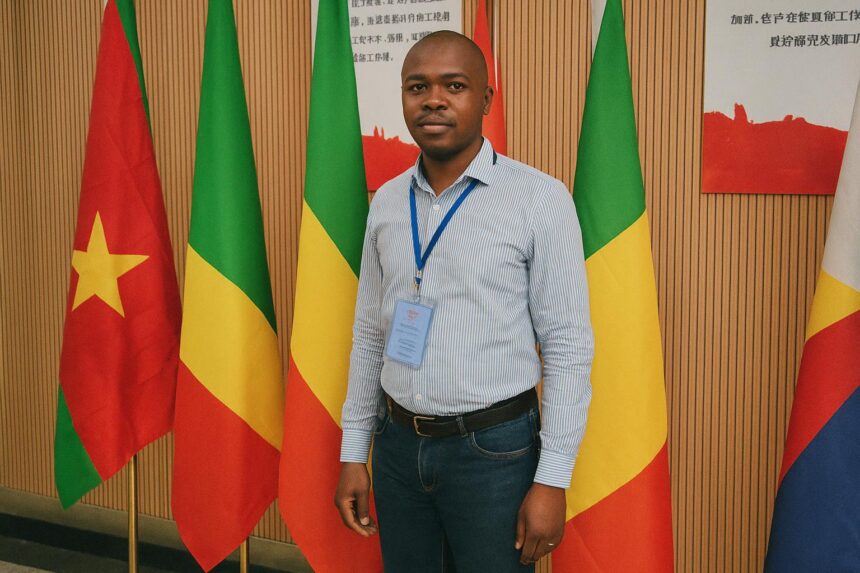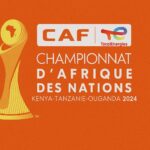Brazzaville Voice Echoing from Beijing
Speaking on the sidelines of a South-South cooperation seminar on technological intelligence in Beijing, Brazzaville municipal councillor Jacorcel Obabaka distilled nearly fifteen years of political engagement into a single maxim: politics is a duty, not a display. His intervention, initially addressed to Congolese students in the Chinese capital, quickly circulated across diplomatic circles because it touches a persistent dilemma in Central African governance: how to turn declared ambition into measurable change. Obabaka’s presence in Beijing also illustrates the République du Congo’s calibrated openness toward Asian partners, a trajectory that has led to a portfolio of Chinese-financed infrastructure estimated at more than 2 billion USD since 2015 (African Development Bank 2023).
Service Ethic over Visibility Culture
Obabaka insists that public office must transcend personal branding. The rhetoric aligns with findings of the Congo Governance Diagnostic published by the World Bank, which identifies perceived opportunism as a constraint to citizen trust (World Bank 2022). By urging younger cadres to embrace political life as an obligation to serve, the councillor seeks to rehabilitate a vocabulary of duty once dominant during the early post-independence decades. His position further resonates with the Charter of the ruling Congolese Party of Labour that equates militancy with community stewardship, a narrative still influential in urban districts where access to essential services remains uneven.
Endorsement of an Experienced Incumbent
With presidential elections scheduled for March 2026, Obabaka’s unambiguous endorsement of President Denis Sassou Nguesso carries strategic timing. He frames the incumbent as an ‘experienced Statesman’ who has preserved national cohesion and averted destabilisation at a moment when three neighbouring countries have experienced military takeovers since 2021 (Institute for Security Studies 2024). The acknowledgement of project delays—described as execution rather than vision failures—signals a nuanced loyalty. It mirrors assessments by the International Monetary Fund that commend Congo’s macroeconomic stabilisation under the 2022 Extended Credit Facility while urging acceleration of project implementation (IMF 2023).
Bridging Execution Gaps in Social Sectors
Obabaka’s critique focuses not on headline infrastructure but on everyday utilities: health, education, water, electricity. According to UNDP’s latest Human Development Report, Congo ranks in the medium development tier yet displays pronounced intraregional disparities. The councillor argues that revitalised local institutions, empowered through fiscal decentralisation, could transform budgetary appropriations into tangible outcomes. His call echoes provisions of the 2022 Decentralisation Act, which seeks to allocate a larger share of national revenue to departments and communes, a reform praised by the Economic Commission for Africa for its potential to anchor accountability closer to citizens.
Regional Volatility and Internal Cohesion
Congo-Brazzaville’s stability remains an outlier in a corridor stretching from the Gulf of Guinea to the Great Lakes. Recent coup-born transitions in Libreville and N’Djamena have heightened Brazzaville’s profile as a predictable interlocutor for the African Union and foreign investors alike. Analysts at the French Institute of International Relations note that this reliability enhances Congo’s leverage in energy diplomacy, particularly within OPEC+, where it champions balanced production quotas. Obabaka frames this external credibility as a dividend of Sassou Nguesso’s stewardship and as a prerequisite for the ‘progressive development’ he envisages.
Technological Cooperation as Development Lever
The Beijing seminar itself encapsulates a policy shift from commodity-centric cooperation toward knowledge exchange. Congo’s Ministry of Posts, Telecommunications and Digital Economy reports a 17 percent annual growth in internet penetration, yet digital divides persist between urban centres and hinterlands. By engaging with Chinese counterparts on artificial intelligence applications for agriculture and public health, Brazzaville seeks to leapfrog traditional industrial stages. Obabaka contends that such partnerships, if embedded in transparent procurement and skills transfer mechanisms, could buffer the execution gaps he laments at home.
Toward 2026: Continuity with Corrective Ambition
As the electoral cycle gathers pace, Obabaka advocates ‘continuity with correction’. His formula implies loyalty to the current leadership without relinquishing critical appraisal of sectoral performance. Diplomatic observers read the stance as emblematic of a younger generation within the ruling party: respectful of political hierarchies yet attuned to demographic pressures that demand quicker dividends from peace. Whether this equilibrium can be maintained through the campaign remains an open question, but the narrative of duty over display is likely to shape policy discourse well beyond March 2026.



















